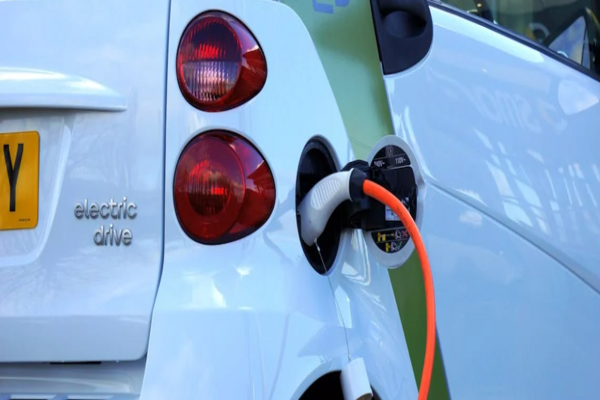Chinese electric vehicle (EV) company BYD has launched a new sodium-ion battery energy storage system (BESS) product, called the MC Cube-SIB ESS. The product uses BYD’s proprietary Long Blade Battery cell and has an energy storage capacity of 2.3MWh.
According to BYD Energy Storage’s UK and Ireland head Kai Wang, “the MC Cube-SIB ESS is the world’s first high-performance sodium-ion BESS product. It has a nominal voltage of 1200V, and a voltage range from 800V-1400V.”
The product’s energy density is lower than that of lithium-ion batteries, but it has a number of advantages, including a higher charge/discharge rate, a broader operating temperature range, a longer cycle life, and improved safety. Sodium-ion batteries are also expected to be cheaper than lithium-ion batteries once manufacturing scales up, due to the natural abundance of sodium and lower material costs.
BYD is also expanding its production capacity for sodium-ion batteries, with the construction of a 30GWh sodium-ion battery plant in Xuzhou City, China, which began in January.
In addition to its advancements in sodium-ion technology, BYD has also been moving forward in the renewable energy sector in the Middle East. In 2022, the company signed a deal with the Saudi Arabian government to build a 2.4GW solar power plant in the city of Jeddah. The project is expected to be completed by 2025.
BYD has also partnered with the Dubai Electricity and Water Authority (DEWA) to build a 1.2GW solar power plant in the United Arab Emirates. The project is expected to be completed by 2026 and will provide enough electricity to power over 500,000 homes. In Egypt, BYD has signed a deal with the Egyptian government to build a 1GW solar power plant in the city of Aswan. The project is expected to be completed by 2027.


